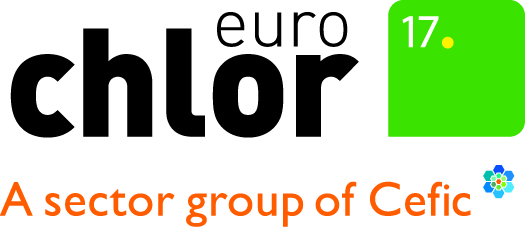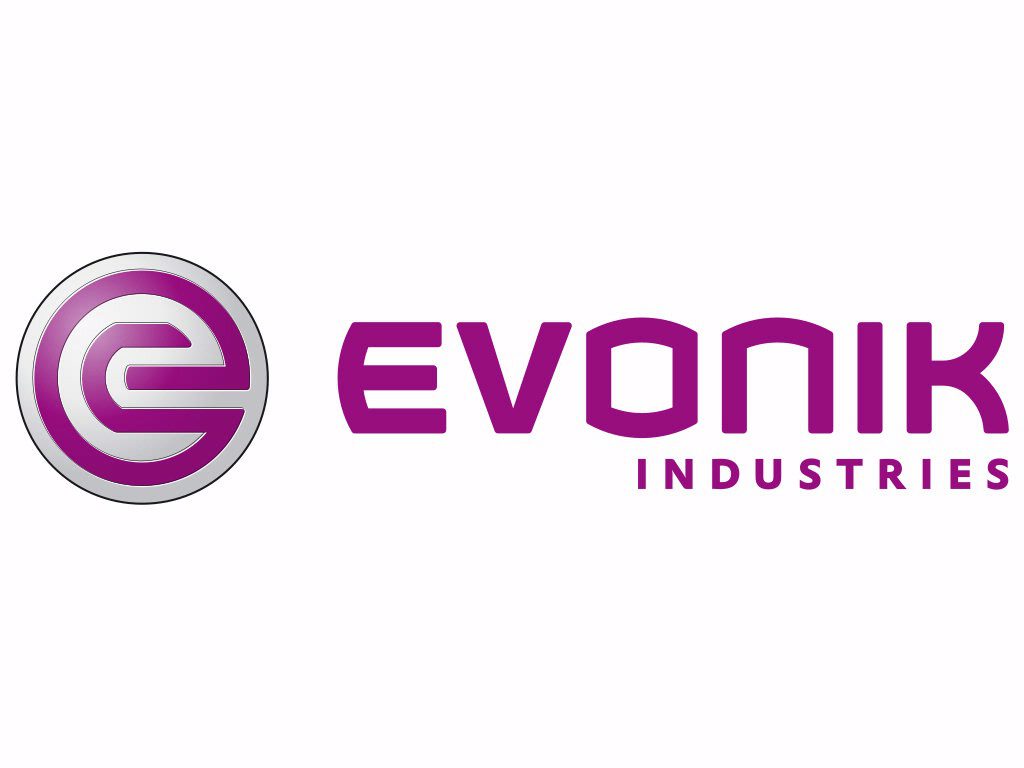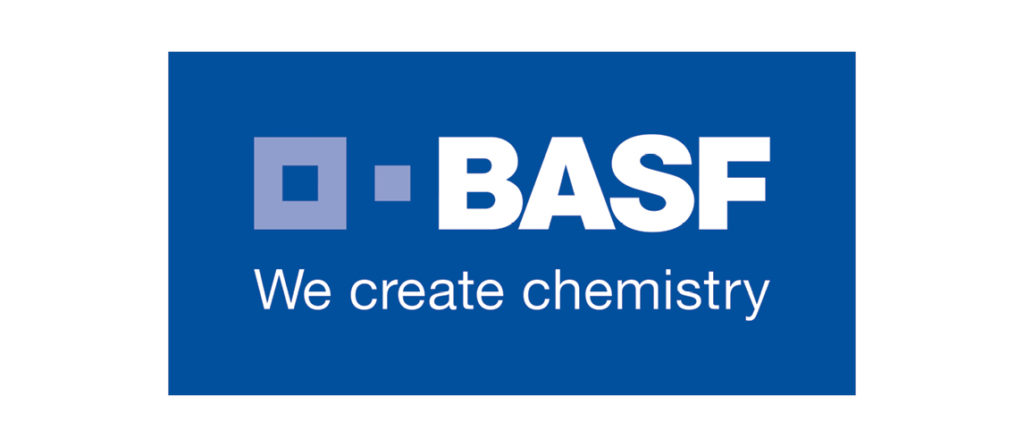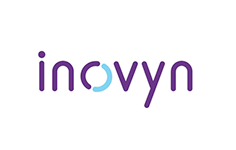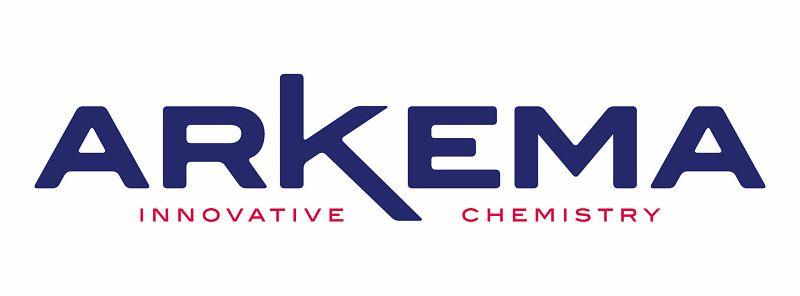A Circularity champion
In the 19th century, chlorine was a waste product made in the production of lye for soap. Today this valuable chlorine has been turned into an essential part of the many hundreds of products Europe now benefits from.
Further true circularity within our industry is limited so we must find innovative ways to help achieve Europe’s ambitions here:
- We will work with our customers to identify ways to increase the recycling of the products made by the wider chlor-alkali industry.
- We will also investigate ways to use all the raw materials that supply us and look for mechanisms to reduce waste even further.
We will work to become a circularity champion in the chemicals sector. Click here to see the work Euro Chlor is already doing related to sustainability and updates on the KPIs and priorities within this element will be given here as they are released.

Q. What is circularity and what does ‘being a circularity champion’ mean to Euro Chlor?
In our Mid-century Strategy, ‘circularity’ means ‘closing the loop’. This includes zero waste in our production process. ‘Circularity champion’ implies that Euro Chlor and its members will follow up and encourage internal efforts, developments and activities throughout the entire production process and value chain.
Q. What is needed to increase the reuse and/ or the (chemical/ mechanical) recycling of chlorine intermediate/ end- products?
A lot of research and development is ongoing with our downstream users to optimise reuse and recycling and explore new waste handling routes. It is generally known that recycling comes with a high energy cost, so only makes economic sense if there is an abundance of climate neutral energy at a competitive price. Euro Chlor closely follows up all developments and we assist where we can. This includes drawing decision makers’ attention to policy needs that stimulate useful waste handling developments.
Q. Is Euro Chlor involved in the circularity of the downstream end products?
Currently the sector focusses on ‘closing the loop’ in its own chlor-alkali production process. However, we are a responsible industry and encourage all players along the entire value chain to become (even more) circular. We aim to increase this interaction as part of our mid-century strategy to see how we can support further.
Q. Is the chlor-alkali sector ready to recycle all production waste and design zero-waste production methods?
We are working towards that vision. The key elements to becoming a circularity champion are broader than just recycling though:
- Reducing: decreasing the amount of material, energy and other materials;
- Reusing: using an object or material again without significantly altering its physical form;
- Remanufacturing: the process of restoring used products to an ‘as-new’ condition;
- Recycling: reforming products at the end of their useful life to create new products.
Progress has been made on all these elements by our sector, but additional innovation and investments continue (e.g. optimal reuse of (waste) brine and recycling of membranes).
Find out more on our annual progress in becoming a Circularity Champion in our Industry Review…
